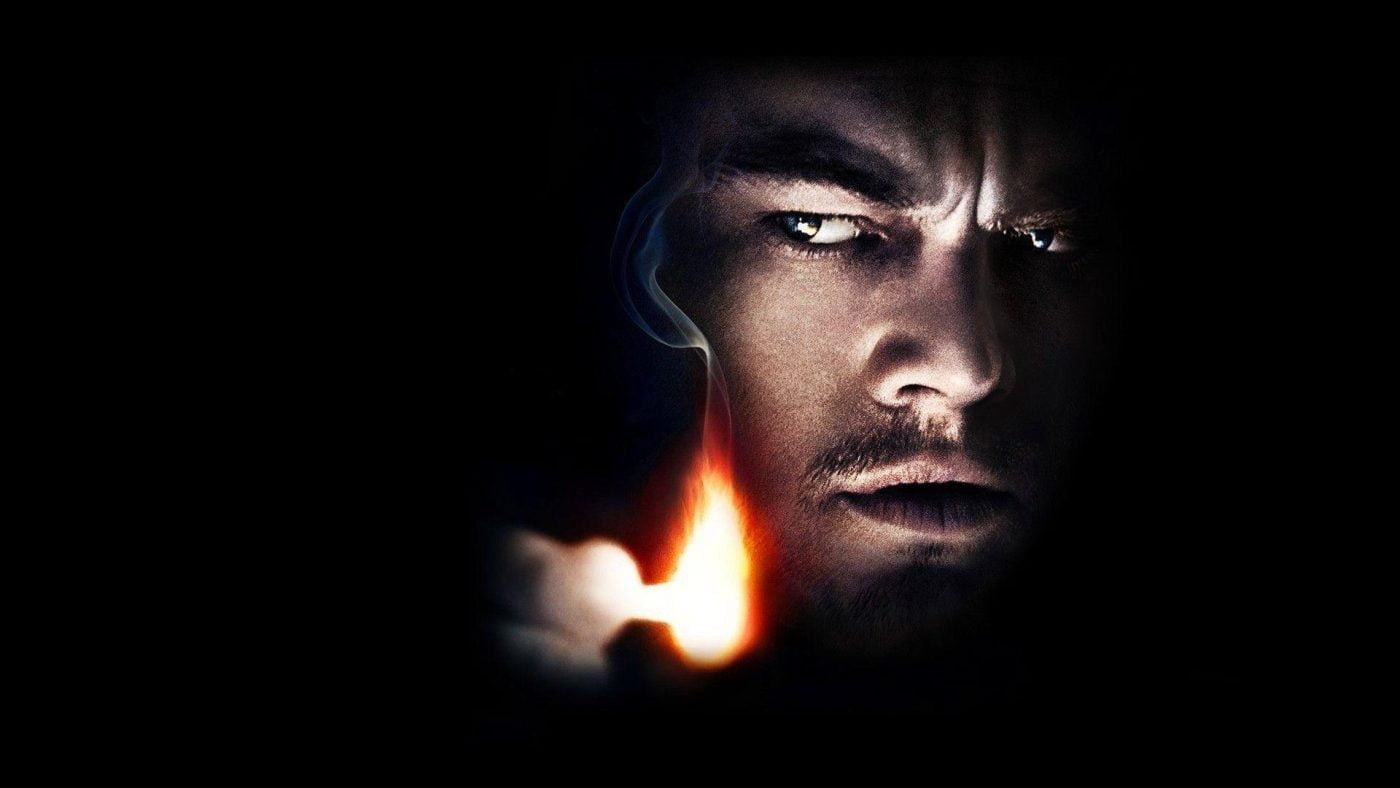Blogs
Shutter Island: Ending and Significance
Shutter Island is a film adaptation of the novel of the same name by author Dennis Lehane. Dennis Lehane is a renowned name in the crime, mystery, and suspense genre of novels (a challenging genre to translate – exciting, tense, and pathological haha). He is famous for his successful novel-to-film adaptations such as Mystic River (directed by Clint Eastwood) and Gone Baby, Gone (directed by Ben Affleck). Similar to Thomas Harris and his famous villain character Dr. Hannibal Lecter, Dennis Lehane focuses on the in-depth psychological analysis of the characters, especially their internal conflicts in the story. Each of Lehane’s stories has an open-ended conclusion, leaving a lot of room for the readers/audiences to interpret and imagine their endings.
Shutter Island was directed by the veteran director Martin Scorsese and his longtime collaborator, actor Leonardo DiCaprio. This was their fourth film together, following Gangs of New York, The Aviator, and The Departed. It was also Scorsese’s first feature-length film since the success of The Departed. Some people always maintain excellence in their work, and Martin “Marty” Scorsese is one of them. Leonardo DiCaprio can also be counted as one, starting from Gangs of New York, a film that changed Leo’s image, but his recent outstanding performances include The Departed, Blood Diamond, Revolutionary Road, and of course, Shutter Island. Marty has always been remarkable, although my favorite recent “dark” Marty film is Casino (from 1995). The Departed is another excellent film by Marty, but I prefer the original version over this remake by Marty, which doesn’t carry much of Marty’s distinctive style.
>>>> READ MORE: 10 Upcoming Movie Performances We Absolutely Cannot Wait For
Returning to Shutter Island, this is the film that marks Marty’s return to his familiar film-noir or neo-noir style after many years. It can be said that Marty handled the plot excellently. The film starts slowly with a scene of two Marshals (people who search for escaped prisoners or fugitives) arriving at the Shutter Island psychiatric prison to investigate the mysterious disappearance of a female prisoner named Rachel, who suddenly vanished from her locked cell. The Marshals noticed the strange attitudes of the prison staff and the chief doctor who runs it. They seemed to be hiding something, fearing that the two Marshals would discover and discreetly investigate their actions. Then Marshal Daniels (Leo) found a piece of paper in Rachel’s cell with the words “Who is prisoner 67?” written on it. Daniels heard from the chief doctor that there were only 66 patients/prisoners on the island. Rachel was then unexpectedly found, and many inexplicable things happened to Daniels afterward. He discovered that the entire island was a giant government laboratory used to conduct experiments on the human brain (Marty also made a comparison between Shutter Island and Nazi concentration camps or the Gulag island in Stalin’s Soviet Union), and the prisoners here were the lab rats for those experiments. Matters became more complicated when Daniels’ partner suddenly went missing. Daniels half-suspected his colleague was cooperating with Shutter Island, while half-suspected that the doctors at Shutter Island had abducted him for brain experimentation.
At this point, the plot becomes more intense, making the audience more anxious about Daniels’ fate. Among those scenes, Marty cleverly inserts flashbacks to reveal more about Daniels’ past and contribute to the audience’s confusion. Daniels’ family tragedy is revealed: his wife drowned their three children, and he killed her. The most Marty-esque scene is probably the dialogue between Daniels and George Noyce – a prisoner on the island (played by Jackie Earl Haley – Rorschach from Watchmen). It’s a dark, creepy setting, and Daniels has to use matches to interrogate George and uncover the island’s true secret: human experimentation. The rare action sequence where Daniels searches for Laeddis and fights him is also an excellent suspenseful scene. Shutter Island isn’t as terrifying as horror movies, but it has an underlying creepiness that gives viewers goosebumps. This is thanks to the excellently shot slow scenes, which make the audience feel the island’s atmosphere. All of this makes Marty’s Shutter Island even more suffocating and haunting. It can be said that Shutter Island is an outstanding film-noir by Marty specifically and Hollywood in general in recent years.
The cast of Shutter Island is uniformly strong in their respective roles. Leonardo DiCaprio draws on the tortured pathos of Revolutionary Road while also projecting a steely resolve that makes him a convincing hero, as he did in The Departed and Blood Diamond. Mark Ruffalo has a smaller but still-rounded role, while Ben Kingsley’s doctor is suitably menacing as the requisite villain. The three leads play well off each other and the supporting cast is also quite good, with Elias Koteas’ Laeddis bearing more than a passing resemblance to Robert De Niro’s Travis Bickle in Taxi Driver. The film’s use of classical string music as a score, rather than original compositions, is a highlight, and its opening and closing musical themes are reminiscent of classic film noirs by Alfred Hitchcock and his composer collaborator, Bernard Herrmann. While not on par with the greatest film noirs, Shutter Island is a suspenseful and well-executed adaptation that is well worth watching in an age of superhero and horror remakes.
>>>> READ MORE: Victor Timely, Kang the Conqueror’s Most Secret Identity

